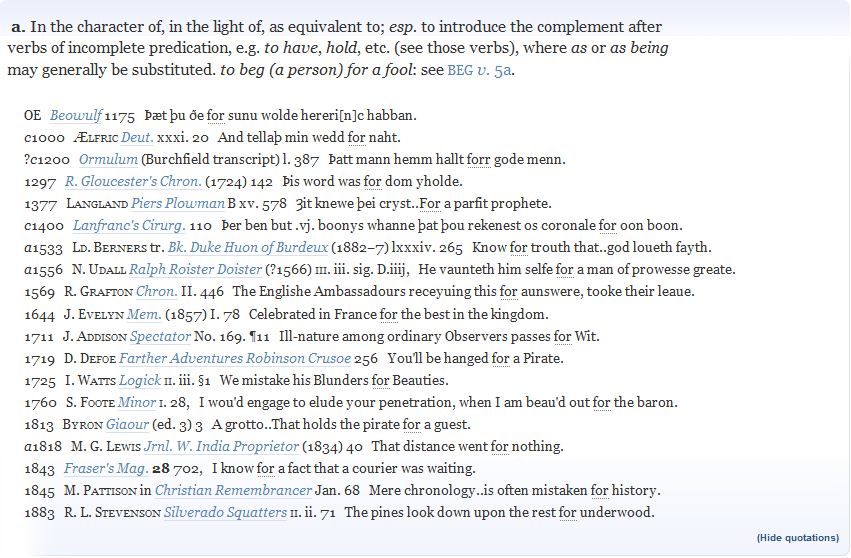She would presume to censure my own conduct, and press on me advice in matters well beyond her understanding, and give me such words as no poor man would willingly hear from his wife.’
Cranmer says, ‘She was bold, it is true. She knew it for a fault and would try to bridle herself.’
Bring Up the Bodies by Hilary Mantel
What does the bold sentence mean? She knew it to be a fault?

